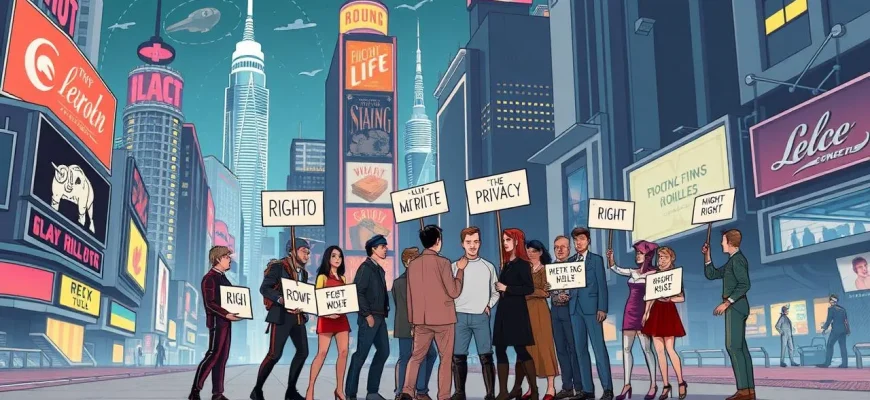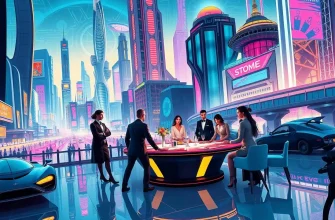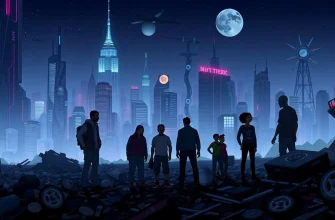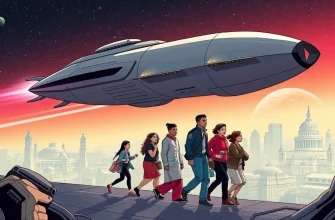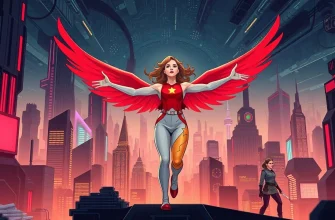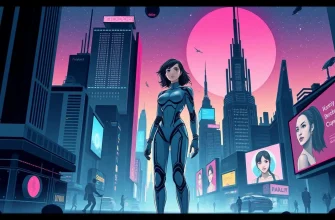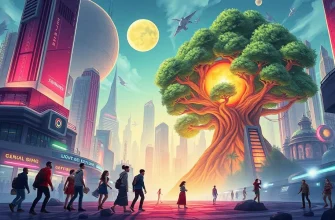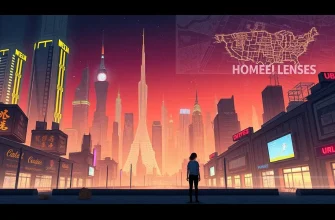In the realm of science fiction, filmmakers often use futuristic settings to explore and critique contemporary social issues, including human rights. This curated list of 10 films not only entertains but also provokes thought, challenging viewers to reflect on the ethical, moral, and societal implications of our actions. Each film in this collection uses its unique narrative to shine a light on various aspects of human rights, making them essential viewing for anyone interested in the intersection of speculative fiction and social justice.
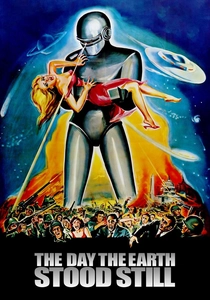
The Day the Earth Stood Still (1951)
Description: An alien visitor comes to Earth to warn humanity about the dangers of nuclear war, highlighting the right to peace and the global responsibility for human rights.
Fact: The film was remade in 2008 with Keanu Reeves, but the original remains a classic for its message and its time.
 Watch Now
Watch Now
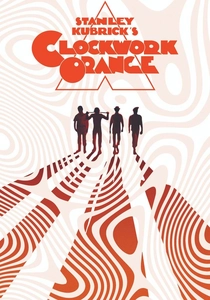
A Clockwork Orange (1971)
Description: This controversial film delves into themes of free will, the ethics of punishment, and the right to one's own mind, questioning the morality of state control over personal freedom.
Fact: Stanley Kubrick removed the film from UK cinemas due to copycat violence, and it was not re-released until after his death.
 Watch Now
Watch Now

Gattaca (1997)
Description: This film explores genetic discrimination, the right to privacy, and the ethical implications of genetic engineering, questioning the essence of human identity and worth.
Fact: The film's title is derived from the letters representing the four nucleobases of DNA: guanine, adenine, thymine, and cytosine.
 Watch Now
Watch Now

The Matrix (1999)
Description: This film explores themes of freedom, control, and the right to self-determination. It questions the nature of reality and the autonomy of individuals within a system designed to keep them subservient.
Fact: The film's "bullet time" effect revolutionized action scenes in cinema. Also, the Wachowskis, the directors, were inspired by philosophical concepts from Plato's "Allegory of the Cave."
 Watch Now
Watch Now
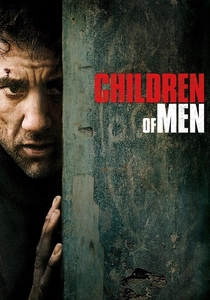
Children of Men (2006)
Description: Set in a world where humans can no longer reproduce, this film examines immigration, human rights, and the value of life in a society on the brink of collapse.
Fact: The film features a continuous 6-minute shot during a battle scene, which was one of the longest and most complex single takes in cinema history.
 Watch Now
Watch Now

Equilibrium (2002)
Description: In a dystopian future where emotions are outlawed, this film examines the right to feel, the suppression of individuality, and the consequences of totalitarian control over human rights.
Fact: The film's concept was inspired by Ray Bradbury's "Fahrenheit 451" and Aldous Huxley's "Brave New World."
 Watch Now
Watch Now
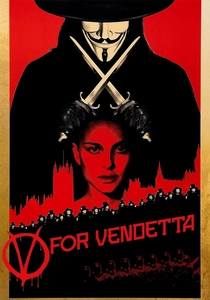
V for Vendetta (2005)
Description: This film tackles freedom of speech, resistance against tyranny, and the right to anonymity, set in a future Britain under fascist rule.
Fact: The mask worn by V, inspired by Guy Fawkes, has become a symbol of protest movements worldwide.
 Watch Now
Watch Now

Elysium (2013)
Description: Set in a future where the wealthy live on a space station, Elysium, while the rest suffer on a ruined Earth, this film tackles issues of class disparity, healthcare as a human right, and immigration.
Fact: The film was shot in Mexico City, and the Elysium space station was inspired by the architecture of the city's wealthy neighborhoods.
 Watch Now
Watch Now

Brazil (1985)
Description: This dark comedy explores bureaucratic oppression, the right to dream, and the fight for individuality in a dystopian society obsessed with efficiency and control.
Fact: The film's title refers to the song "Aquarela do Brasil," which plays during the protagonist's daydreams, symbolizing his escape from reality.
 30 Days Free
30 Days Free
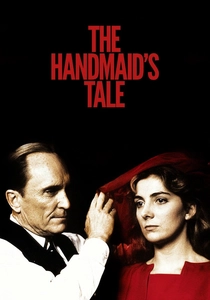
The Handmaid's Tale (1990)
Description: Based on Margaret Atwood's novel, this film addresses reproductive rights, gender oppression, and the loss of personal autonomy in a theocratic society.
Fact: The film was adapted into a highly acclaimed TV series in 2017, which has won numerous awards for its portrayal of these themes.
 30 Days Free
30 Days Free

